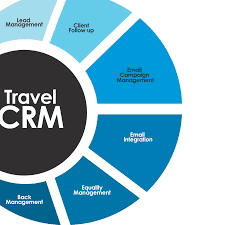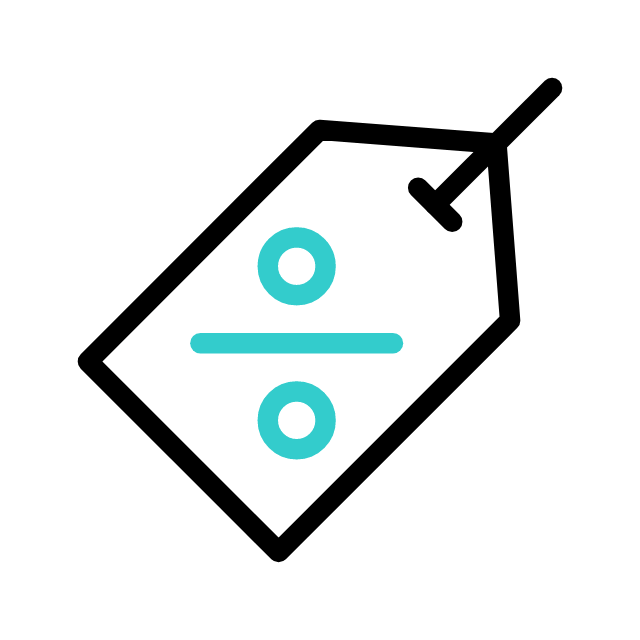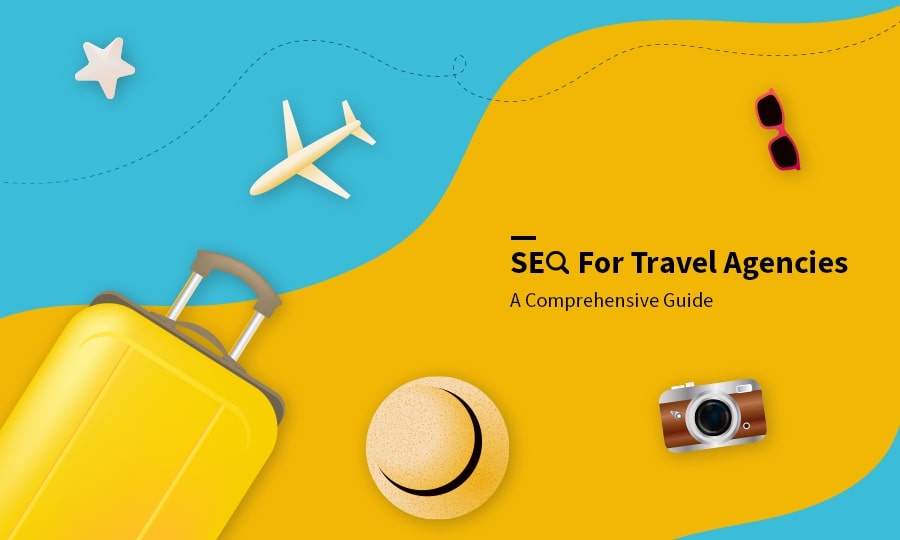
In the travel and tourism industry, which is very competitive these days, companies are looking for new ways to boost sales, improve customer service, and make their operations run more smoothly. The CRM for travel sales industry is becoming more and more popular. But is it worth the money?
Let's take a closer look at why CRM for travel sales industry is becoming essential, what benefits it offers, and whether it's the right choice for your travel business.
The Changing Needs of the Travel Sales Industry
There is no other industry like the travel industry. It means dealing with a complicated mix of clients, schedules, seasonal trends, a lot of competition, and customers' tastes that change all the time. Using spreadsheets and separate systems to manage sales is no longer a good idea.
That's where the CRM for travel sales industry comes in. This tool not only keeps track of customer information, but it also gives sales teams the information and automation tools they need to close more deals.
What is a CRM for the travel sales business?
CRM is short for Customer Relationship Management. A CRM for travel sales industry is made just for that field. It helps travel agencies and sales teams keep track of leads, follow-ups, bookings, customer preferences, and communication all in one place.
A specialised CRM for travel sales industry is different from other CRMs because it can connect to booking engines, email marketing tools, and even itinerary builders.
1. Customer data is stored in one place.
One of the best things about a CRM for travel sales industry is that it lets you keep all of your customer information in one place. All interactions with clients, from the first question to feedback after the trip, are kept in one place.
This lets travel agents tailor their messages, remember past trips, learn about customers' likes and dislikes, and build loyalty. In a world where personalisation is important, having this information at your fingertips is priceless.
2. Better management of leads
Timely and strategic follow-ups are very important for travel sales. A CRM for travel sales industry lets teams keep track of leads at every stage of the funnel.
No more missed chances or calls that you forgot to make. Automated reminders and lead scoring make sure that the most important leads are always at the top of the list.
3. Making routine tasks automatic
In sales, time is money. A strong CRM for travel sales industry takes care of routine tasks like sending booking confirmations, reminders, and follow-up emails. This gives salespeople more time to build relationships and close deals.
4. Better experience for customers
A travel agency's success depends on how well it treats its customers. A CRM for travel sales industry lets agents give customers a smooth, personalised experience from beginning to end.
The CRM makes sure that no detail is missed, from remembering a client's favourite place to travel to keeping track of their dietary needs on a cruise.
5. Reporting and Analytics in Real Time
One of the best things about using a CRM in the travel sales industry is that it gives you access to data-driven insights. Managers can see how well their teams are doing, find problems, and figure out which campaigns are bringing in the most leads.
Data is always true, and a CRM gives you the numbers you need to make smart choices.
6. Working together across teams
Many travel companies keep sales, customer service, and marketing separate from each other. A CRM for travel sales industry brings these teams together by letting everyone see the same customer records, notes, and booking history.
This makes customer service more consistent and less likely to drop the ball.
7. The ability to grow with your travel business
As your travel business grows, it gets harder to keep track of clients and leads. A CRM for travel sales industry is made to grow. The system grows with you, so it can handle 50 clients or 5,000 clients.
8. Travel Agents can access it on the go
Many travel salespeople work from home or are on the go a lot. A mobile-friendly CRM for travel sales industry lets agents access customer information, answer questions, and update records from any location.
This is especially helpful when you have clients in different time zones or when you go to travel shows and events.
9. Working with booking engines
The best CRM for travel sales industry solutions work directly with booking platforms, which makes it easier to keep track of availability, prices, and itineraries. This cuts down on the need to enter data by hand and makes mistakes less likely.
Agents can give clients instant quotes and updates in real time when everything is in sync.
10. Following rules and keeping data safe
Strong security is needed to protect sensitive travel documents, passports, and payment information. A specialised CRM for travel sales industry makes sure that data laws like GDPR are followed and offers encryption and access control.
You can serve your clients with confidence because you know their data is safe.
Talking about the cost: Is it worth it?
A lot of people are afraid to use a CRM for travel sales because they think it will cost too much. There is an initial cost, but the long-term return on investment is big.
A stronger bottom line comes from more conversions, more loyal customers, better efficiency, and better customer experiences.
Example: A travel agency with a medium size
For example, a medium-sized travel agency used a CRM to help them sell travel. Before the CRM, agents had to deal with a lot of spreadsheets, missed follow-ups, and had no way to keep track of what customers liked.
After using the CRM for six months, they saw:
-
A 25% rise in converting leads.
-
40% faster response times.
-
More satisfied customers.
-
More teamwork among team members.
This company not only got its money back, but it also set up a strong base for future growth.
Some common misconceptions about CRM in the travel sales industry
Myth 1: Only big agencies can use it
Fact: A CRM for travel sales industry gives even small travel companies structure and automation.
Myth 2: It's hard to use
Fact: Modern CRMs are easy to use, with dashboards that are easy to understand and a simple onboarding process.
Myth 3: It takes the place of human touch
Fact: A CRM doesn't replace people; it makes them more effective. The service you get is better.
Picking the Best CRM for the Travel Sales Business
Not every CRM is the same. When looking for a CRM for travel sales industry, check for:
Features that are specific to travel
-
Working with tools that are already in use.
-
Great help for customers.
-
The ability to grow.
-
Good reporting and analysis.
Is CRM Worth It for Travel Sales?
Of course. In a world where everything is digital, clients expect more than ever. A CRM for travel sales industry gives you the tools and information you need to meet those expectations, get more clients, and grow in a way that lasts.
Getting a CRM for travel sales is one of the best things you can do, whether you work alone or with a lot of other agents.
Conclusion
The travel sales industry is changing quickly, and to stay on top of things, you need to use the right technology. A CRM for travel sales industry doesn't just keep track of information; it changes how you interact with customers and make sales.
Yes, CRM for travel sales industry is worth it if you want to do more than just get by in this competitive field.

 Start your Travel Business with Our 7 Day Free Trial Website!
Start your Travel Business with Our 7 Day Free Trial Website!





